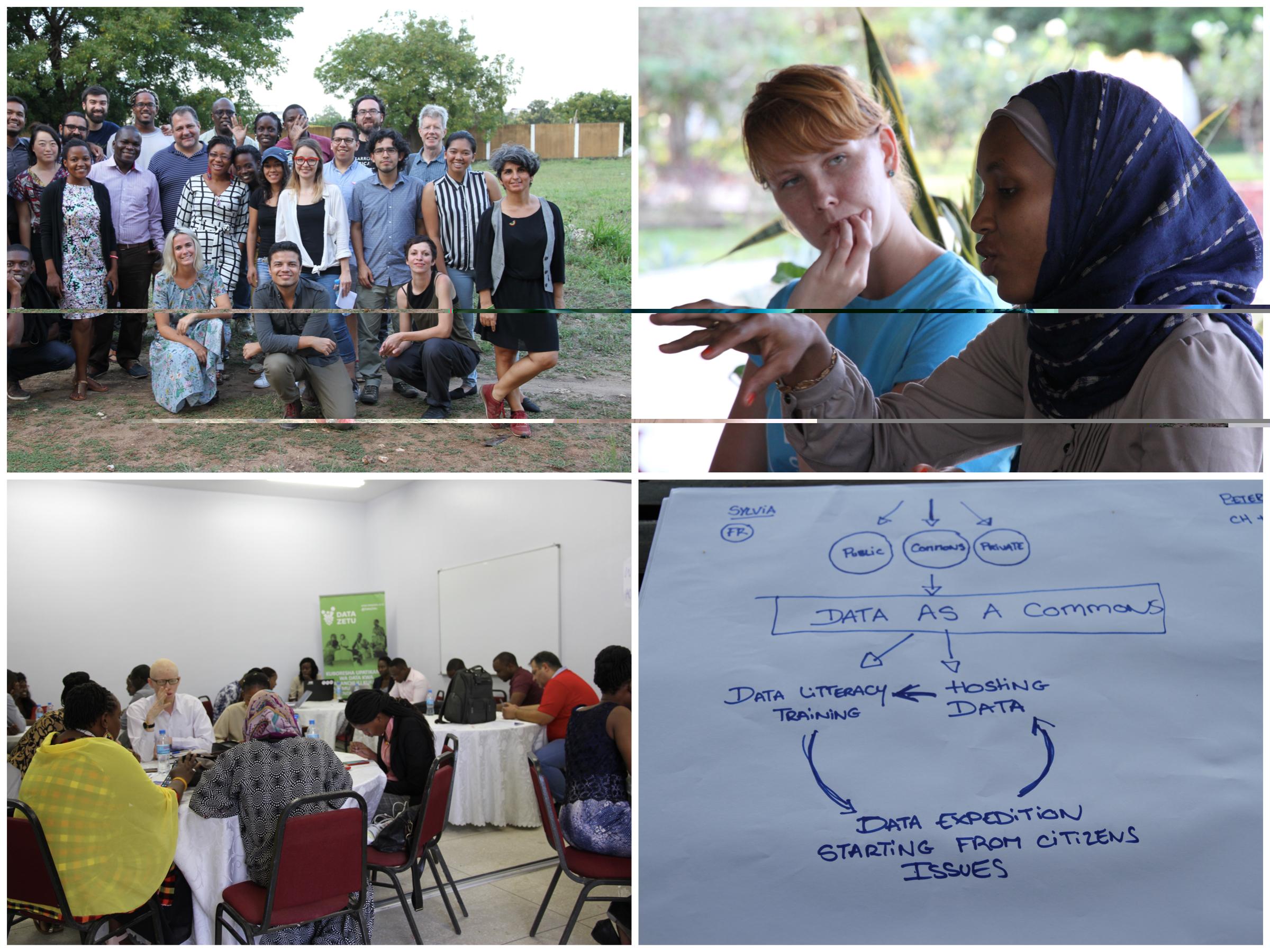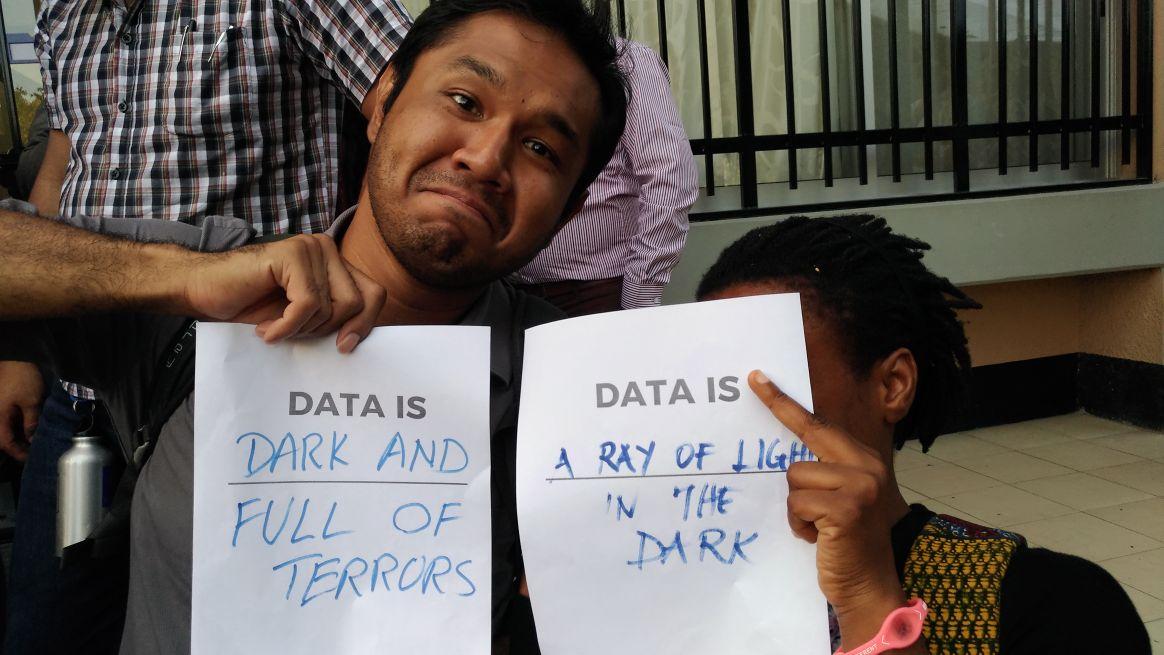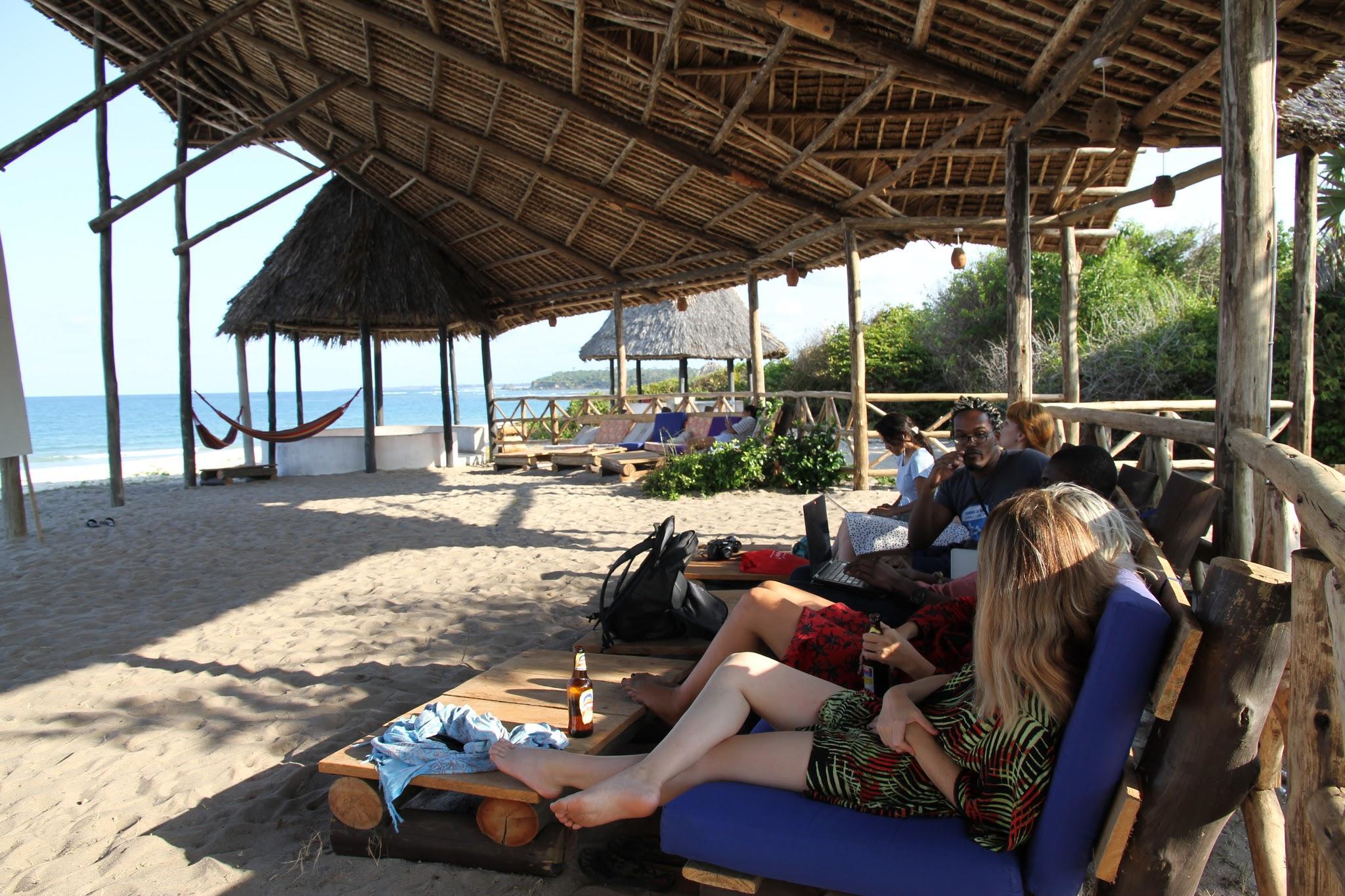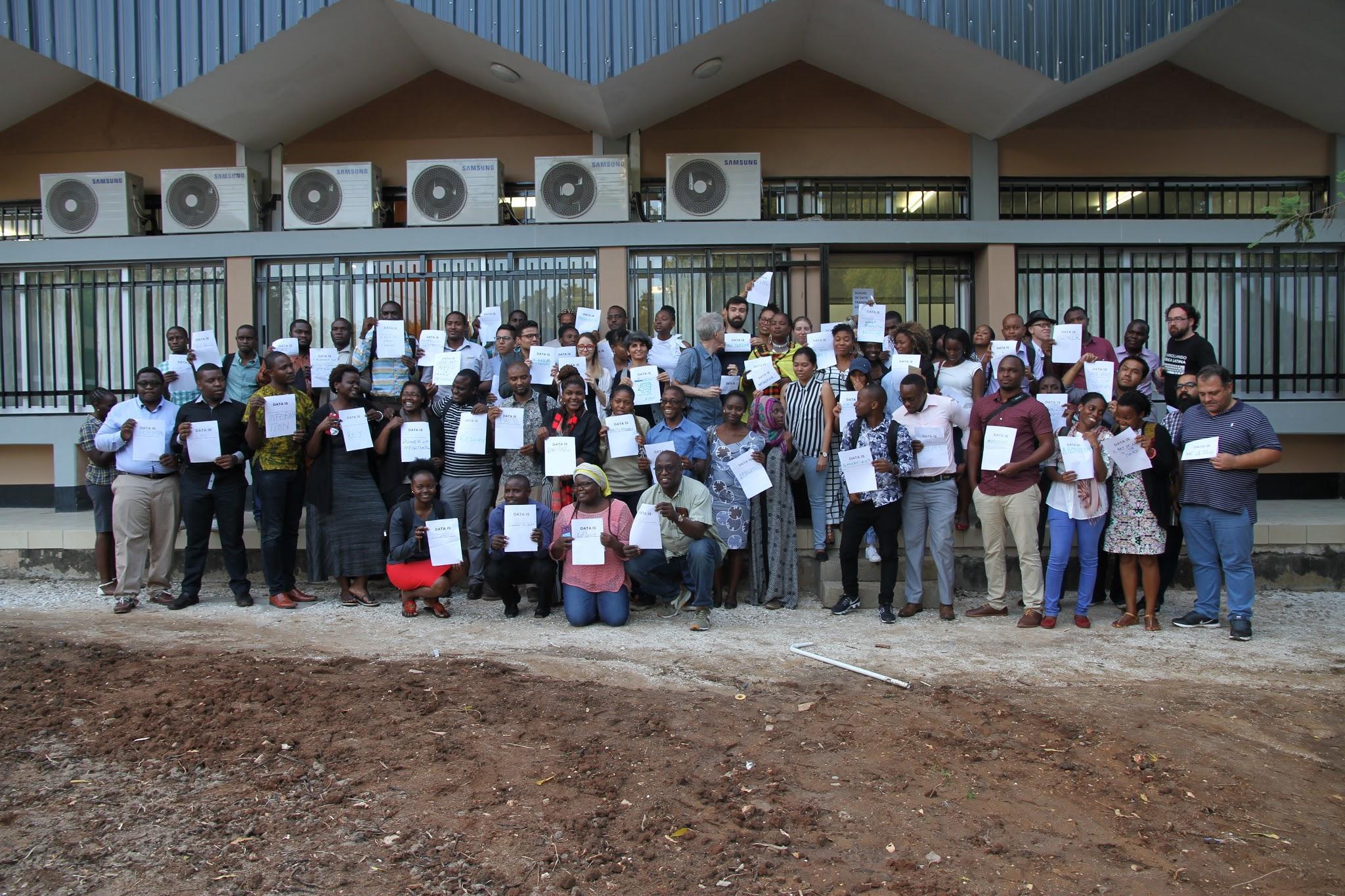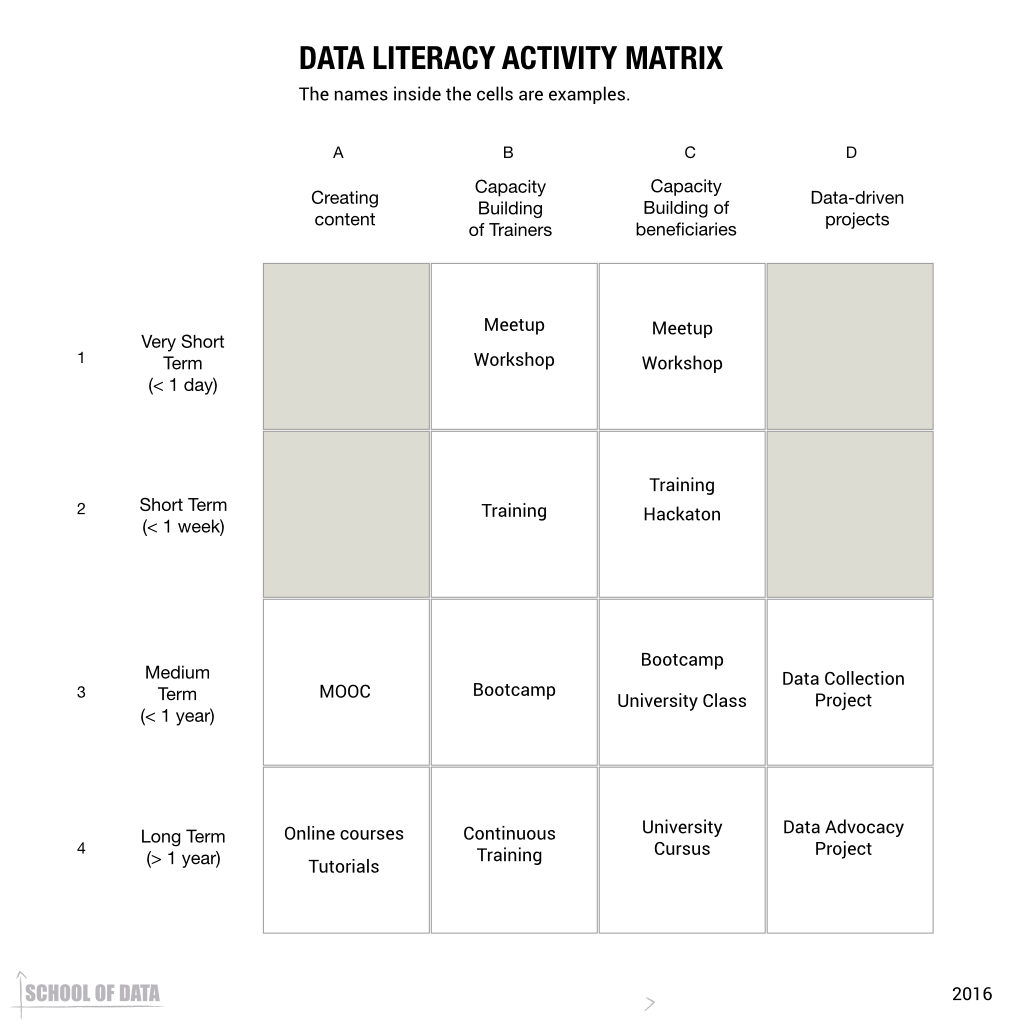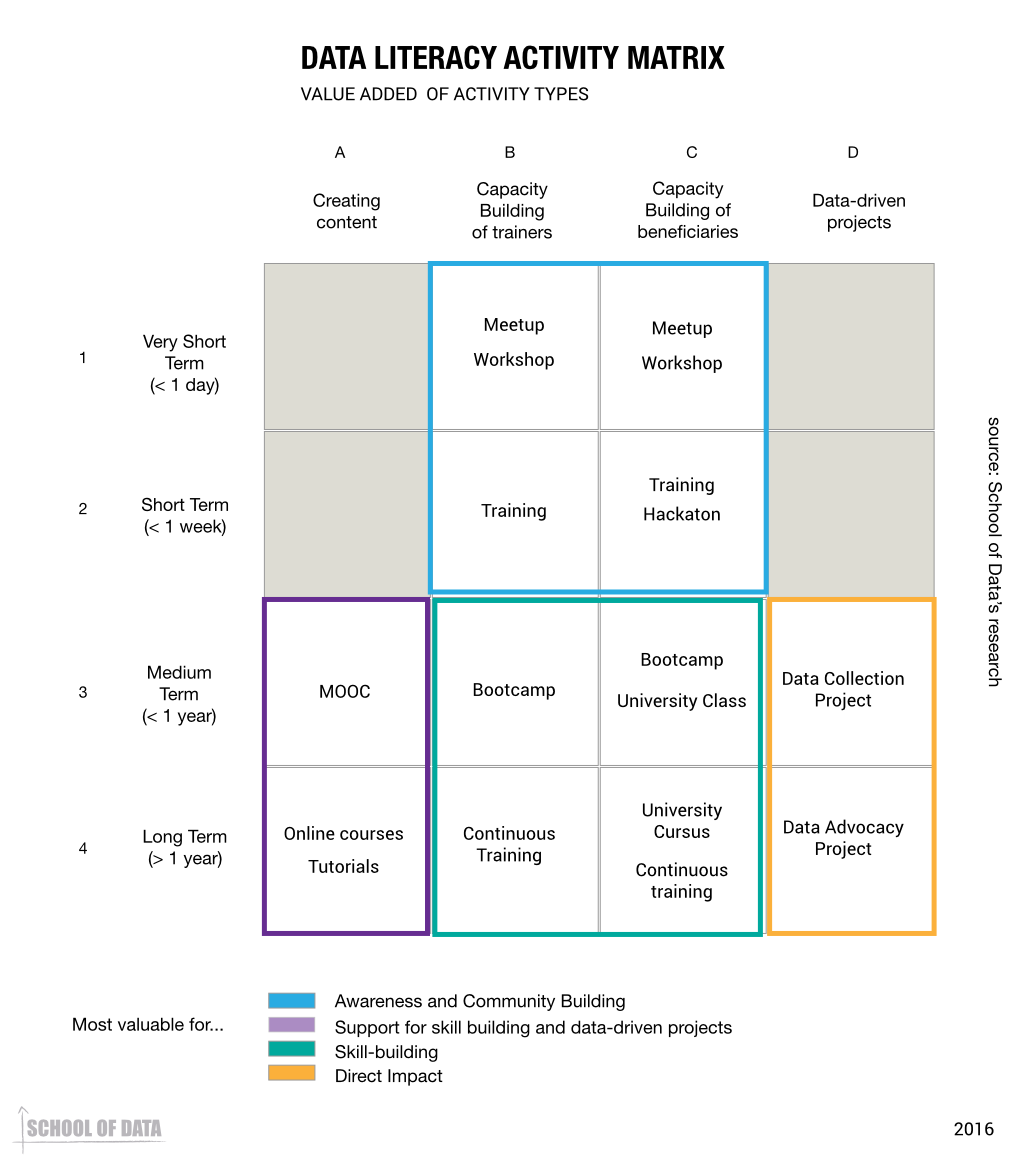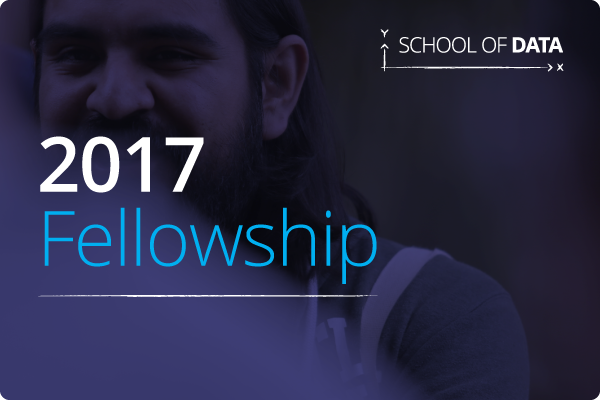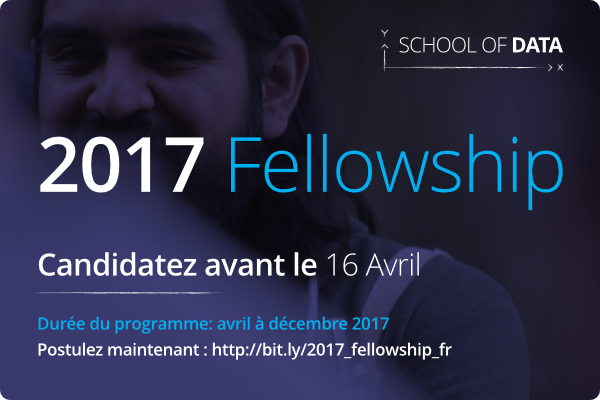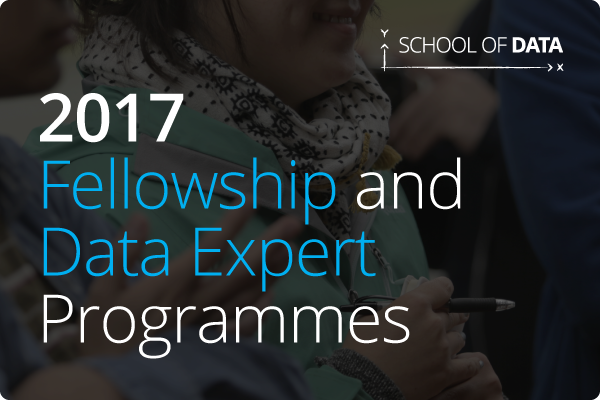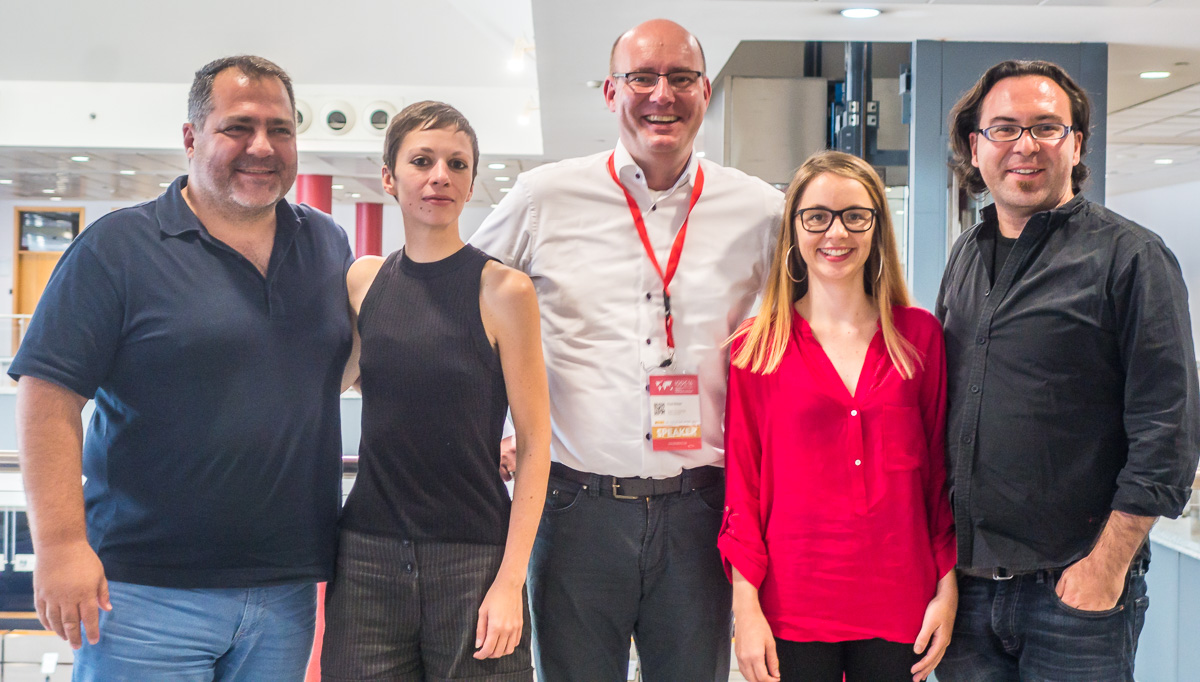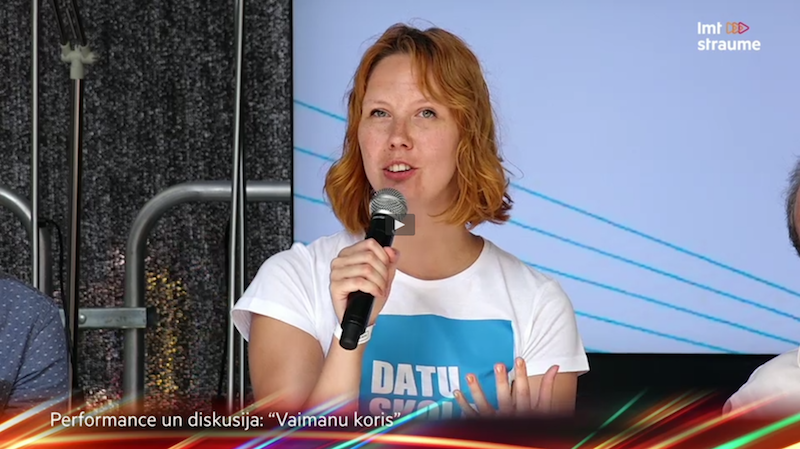UPDATE: the application window has closed. Thanks for applying!
School of Data is inviting journalists, data scientists, civil society advocates and anyone interested in advancing data literacy to apply for its 2018 Fellowship Programme, which will run from May 2018 to January 2019. 8 positions are open, 1 in each of the following countries: Bolivia, Guatemala, Ghana, Indonesia, Kenya, Malawi, Tanzania, The Philippines. The application deadline is set on Sunday, May 6th of 2018. If you would like to sponsor a fellowship, please get in touch with School of Data.
The Fellowship
Fellowships are nine-month placements with School of Data for data-literacy practitioners or enthusiasts. During this time, Fellows work alongside School of Data to build an individual programme that will make use of both the collective experience of School of Data’s network to help Fellows gain new skills, and the knowledge that Fellows bring along with them, be it about a topic, a community or specific data literacy challenges.
Similarly to previous years, our aim with the Fellowship programme is to increase awareness of data literacy and build communities who together, can use data literacy skills to make the change they want to see in the world.
The 2018 Fellowship will continue the work in the thematic approach pioneered by the 2016 class. As a result, we will be prioritising candidates who:
We are looking for engaged individuals who already have in-depth knowledge of a given sector or specific skillsets that can be applied to this year’s focus topics.. This will help Fellows get off to a running start and achieve the most during their time with School of Data: nine months fly by!
Read More about the Fellowship Programme
The areas of focus in 2018
We have partnered with Hivos and NRGI to work on the following themes: Procurement and data in the extractives industry (oil, mining, gas). These amazing partner organisations will provide Fellows with guidance, mentorship and expertise in their respective domains.
2018 Fellowship Positions
Bolivia
The Fellowship in Bolivia will be focused on public procurement data through the Open Contracting Programme. For this position, School of Data is looking for someone with: Experience with and interest in community building, experience with the implementation of civic projects with a data or technical component, storytelling skills, and experience with promoting data or technical stories to a wide audience, basic understanding of the public procurement process
Guatemala
The Fellowship in Guatemala will be focused on public procurement data through the Open Contracting Programme. For this position, School of Data is looking for someone with: Experience in the planning, coordination and implementation of projects with civil society organisations, the ability to advise and train organisations on working with data and delivering technical projects, basic understanding of the public procurement process
Ghana
The Fellowship in Ghana with be focused on extractives Data through the Media Development Programme at NRGI. For this position, School of Data is looking for someone with: an interest in supporting or working within the civil society sector, experience working with financial (or related) data for analysis experience as a trainer and/or community builder, interest and/or experience in the extractives sector, demonstrated skills as a data storyteller or journalist
Malawi
The Fellowship in Malawi will be focused on public procurement data through the Open Contracting Programme. For this position, School of Data is looking for someone with: experience with delivering technical and data-driven projects, experience with facilitating training activities, experience with data collection projects, basic understanding of the public procurement process
Indonesia
The Fellowship in Indonesia will be focused on public procurement data through the Open Contracting Programme. For this position, School of Data is looking for someone with: experience with delivering technical and data-driven projects, experience with facilitating training activities, experience with working with government systems or data. Candidates with the following optional interests and experience will be appreciated: experience with explaining complex topics to varied audiences, experience with user design methodologies, experience with community development
The Philippines
The Fellowship in The Philippines will be focused on public procurement data through the Open Contracting Programme. For this position, School of Data is looking for someone with: experience with user-centric research and design methodologies, experience with community-building activities, experience with data storytelling. Candidates with the following optional interests and experience will be appreciated: graphic design skills, experience with delivering trainings
Kenya
The Fellowship in Kenya will be focused on public procurement data through the Open Contracting Programme. For this position, School of Data is looking for someone with: experience with delivering data-driven projects, experience with user research and data storytelling, experience with explaining complex topics to varied audiences. Candidates with the following optional interests and experience will be appreciated: interest in or experience with supporting civic projects and civil society organisations, experience with facilitating training activities.
Tanzania
The Fellowship in Tanzania will be focused on public procurement data through the Open Contracting Programme. For this position, School of Data is looking for someone with: experience with delivering data-driven projects, experience with facilitating training activities, experience with explaining complex topics to varied audiences. Candidates with the following optional interests and experience will be appreciated: experience working with journalists or as a journalist, interest in or experience with supporting civic projects and civil society organisations, experience with writing pedagogical content
9 months to make an impact
The programme will run from May to January 2019, and entail up to 10 days a month of time. Fellows will receive a monthly stipend of $1,000 USD a month to cover for their work.
What are you waiting for?
Read more about School of Data’s Fellowship
Key Information: Fellowship
- Available positions: up to 8 fellows, 1 in each of the following countries: Bolivia, Guatemala, Ghana, Indonesia, Kenya, Malawi, Tanzania, The Philippines
-
Application deadline: May 6th, 2018, midnight GMT+0
-
Duration: From May 14th, 2018 to January 31st, 2019
-
Level of activity: 10 days per month
-
Stipend: $1000 USD per month
Key links
About diversity and inclusivity
School of Data is committed to being inclusive in its recruitment practices. Inclusiveness means excluding no one because of race, age, religion, cultural appearance, sexual orientation, ethnicity or gender. We proactively seek to recruit individuals who differ from one another in these characteristics, in the belief that diversity enriches all that we do.



